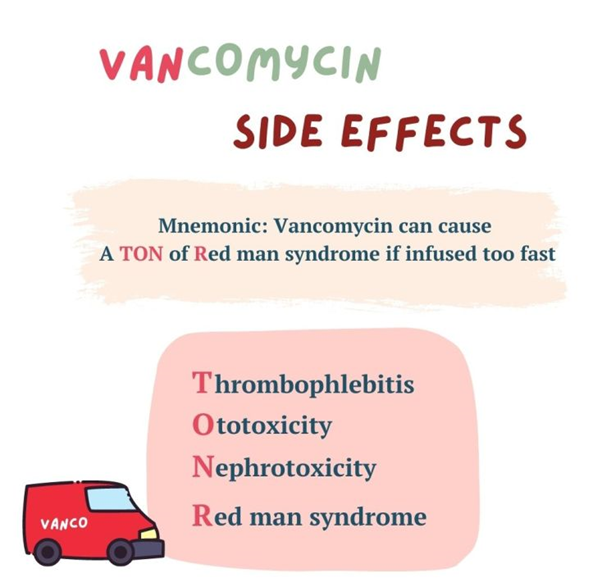The term "virulence" refers to:
substance that can inhibit the growth of bacteria
permanent, inheritable changes to DNA
when a microbe is no longer affected by a drug following treatment with anti-infectives
the severity of disease that an organism is able to cause
The Correct Answer is D
A. Substance that can inhibit the growth of bacteria:
This definition is incorrect. The term "virulence" does not refer to a substance that inhibits bacterial growth. Instead, it pertains to the ability of a microorganism to cause disease.
B. Permanent, inheritable changes to DNA:
This definition is incorrect. Permanent, inheritable changes to DNA are typically referred to as mutations. While mutations can impact the characteristics of microorganisms, the term "virulence" specifically relates to disease-causing ability rather than genetic changes.
C. When a microbe is no longer affected by a drug following treatment with anti-infectives:
This definition is incorrect. The phenomenon described here is known as drug resistance or antimicrobial resistance. It refers to the ability of microorganisms to survive and multiply in the presence of antimicrobial agents, rendering the drugs ineffective.
D. The severity of disease that an organism is able to cause:
This definition is correct. Virulence refers to the degree or severity of disease that an organism, such as a bacterium or virus, is capable of causing. Microorganisms with high virulence can cause severe illness or death in infected hosts, while those with low virulence may cause milder symptoms or no symptoms at all.
Nursing Test Bank
Naxlex Comprehensive Predictor Exams
Related Questions
Correct Answer is C
Explanation
A. Discoloration of body fluids:
Vancomycin can cause discoloration of body fluids, particularly urine, resulting in a brownish discoloration. However, this is not caused by histamine release.
B. Ototoxicity:
Ototoxicity refers to damage to the inner ear structures leading to hearing loss or balance problems. While vancomycin can cause ototoxicity, it is not specifically associated with histamine release.
C. Red-man syndrome
Red-man syndrome, also known as red-neck syndrome or red-person syndrome, is a hypersensitivity reaction characterized by flushing of the skin, particularly the upper body and face, resembling a "red man." This reaction is typically associated with the rapid infusion of vancomycin and is caused by the release of histamine from mast cells and basophils. It is not an allergic reaction but rather a non-immunologic response to vancomycin.
D. Nephrotoxicity:
Nephrotoxicity refers to kidney damage caused by certain medications or toxins. While vancomycin can cause nephrotoxicity, it is not specifically associated with histamine release.

Correct Answer is D
Explanation
A. Sulfonamides:
Sulfonamides are a class of antibiotics that are structurally distinct from cephalosporins like cefazolin. Allergic reactions to sulfonamides do not necessarily indicate a risk of allergy to cefazolin. However, it's still important to assess for any previous allergic reactions to medications, including sulfonamides, as individuals can have multiple medication allergies.
B. Macrolides:
Macrolides are another class of antibiotics that are structurally different from cephalosporins. Allergic reactions to macrolides do not directly indicate an allergy to cefazolin. However, as with sulfonamides, it's crucial to assess for any history of allergic reactions to medications, including macrolides.
C. Yeast:
Yeast is not a class of antibiotics but rather a type of fungus. Allergic reactions to yeast are unrelated to cephalosporin antibiotics like cefazolin. Therefore, a history of allergic reactions to yeast does not suggest an allergy to cefazolin.
D. Penicillin:
This is the correct choice. Penicillins and cephalosporins share a similar beta-lactam ring structure. Individuals who have had allergic reactions to penicillin may have an increased risk of cross-reactivity with cephalosporins, including cefazolin. Therefore, it's crucial to assess for any previous allergic reactions to penicillin before administering cefazolin to avoid potential allergic reactions or adverse effects.
Whether you are a student looking to ace your exams or a practicing nurse seeking to enhance your expertise , our nursing education contents will empower you with the confidence and competence to make a difference in the lives of patients and become a respected leader in the healthcare field.
Visit Naxlex, invest in your future and unlock endless possibilities with our unparalleled nursing education contents today
Report Wrong Answer on the Current Question
Do you disagree with the answer? If yes, what is your expected answer? Explain.
Kindly be descriptive with the issue you are facing.
